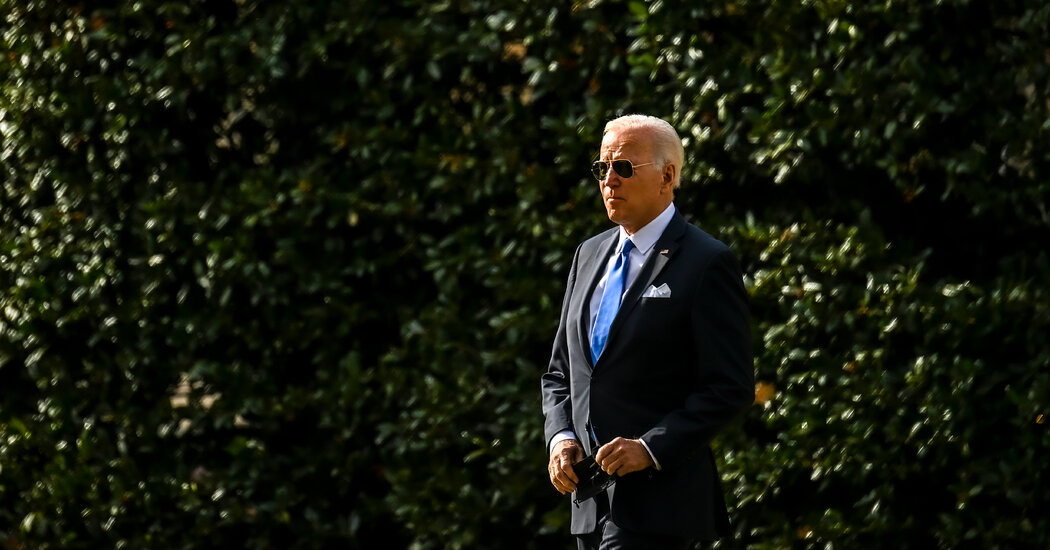
At the Pentagon on Monday, Defense Secretary Lloyd J. Austin III convened top military and civilian officials, including Gen. Mark A. Milley, the chairman of the Joint Chiefs of Staff, and Gen. Tod D. Wolters, the head of the military’s European Command, to discuss the Russian troop buildup. Officials said that there was an effort underway to send additional defensive weapons, including anti-tank Javelins, to Ukraine, but that they may be pre-positioned outside the country to avoid giving Mr. Putin a pretext for military action.
Later on Monday, General Milley met virtually with his NATO military counterparts to discuss the crisis. Mr. Biden was also calling Mr. Zelensky ahead of the meeting, and he spoke with President Emmanuel Macron of France, Chancellor Angela Merkel of Germany, Prime Minister Mario Draghi of Italy and Prime Minister Boris Johnson of Britain.
Secretary of State Antony J. Blinken spoke with Mr. Zelensky on Monday and “reiterated the United States’ unwavering support for Ukraine’s sovereignty, independence and territorial integrity in the face of Russian aggression,” a State Department spokesman, Ned Price, said in a statement.
John F. Kirby, the chief Pentagon spokesman, declined to say whether the United States still had a small number of military advisers in Ukraine or whether the administration had decided to send additional military assistance to Ukraine.
But Mr. Kirby said the administration was focused on resolving the crisis through diplomatic measures.
“We don’t believe conflict is inevitable here,” he told reporters.
But other officials said they were already seeing heightened cyberaction, and some officials recalled that Russia cut off the electric power to two parts of Ukraine in past years — and most likely had the capability for further disruptions now.
Mr. Biden and Mr. Blinken, who traveled to a NATO meeting last week, have been working to convince European nations, starting with Germany, that a clear warning to Mr. Putin is needed. The effort is to present Mr. Putin with a united front, and persuade him that the sanctions he would suffer would be widely enforced.



